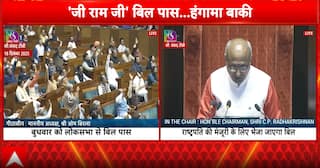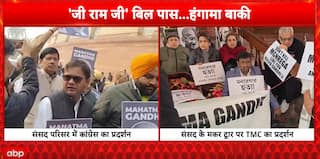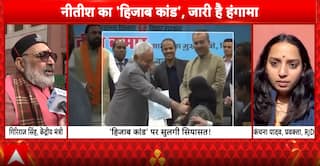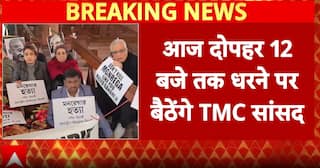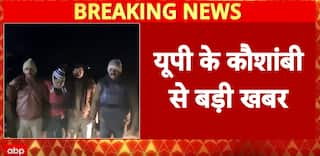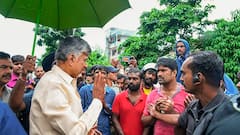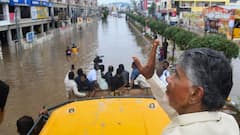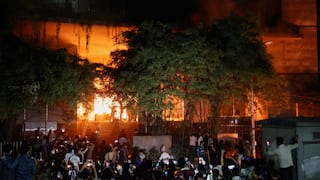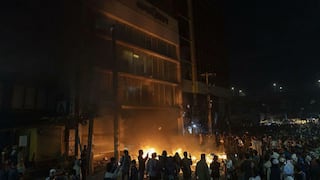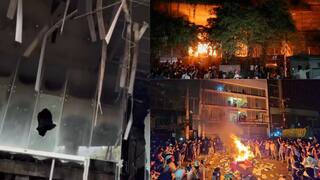Cyberabad Police Bust Sex Racket, Rescue Over 14,000 Victims
Cyberabad Police Commissioner Stephen Ravindra said the racket was being operated online from Delhi, Bengaluru and Hyderabad.

The Cyberabad Police on Tuesday claimed to have busted a major sex racket with the arrest of 17 persons, and rescued over 14,000 victims, including some from foreign countries.
Cyberabad Police Commissioner Stephen Ravindra said the racket was being operated online from Delhi, Bengaluru and Hyderabad.
The accused were procuring women from different places across India, posting ads on websites, contacting the customers through call centres and WhatsApp, facilitating the customers to reach the victims in different hotels, Oyo rooms, and collecting money for this organised prostitution racket.
A total of 14,190 victims were involved in prostitution. Fifty per cent of the victims were from West Bengal, 20 per cent from Karnataka, and 15 per cent from Maharashtra. Three per cent victims were from countries like Bangladesh, Nepal, Thailand, Uzbekistan and Russia.
'Locanto', 'Skokka', 'Hyderabadescorts', 'Callgirls in Hyderabad', 'Luxuryescortservices', 'myheavenmodels.com', and 'natasharoy.in' were some of the websites which were being used for running the racket.
The call centres were operated from Delhi, Bengaluru and Hyderabad, and the main mode of communication was WhatsApp groups.
The accused have been booked under Section 370 (buying or disposing of any person as a slave) of the Indian Penal Code (IPC) and Sections 3, 4 and 5 of the Immoral Traffic (Prevention) Act at four police stations in Cyberabad.
Earlier, 40 cases were registered against the 15 organisers at Cyberabad and Hyderabad Commissionerates and in most cases, they were absconding.
Also read | Formula-E Race: Traffic Restrictions From December 9–11 In Hyderabad
During the interrogation and confession of the accused, it was observed that a number of pimps were there from different states, who formed different WhatsApp groups subject-wise, like organisers, suppliers, ad makers, call centre people, who communicated with each other for the business. A large number of victims were dragged into this profession after being lured with luxurious lifestyle, easy money and in some cases, on the pretext of providing jobs.
Explaining the modus operandi of the accused, the Commissioner said that brokers (victim suppliers) used to approach the victim and put her photos in the organisers' WhatsApp group, who then selected the victims, booked hotels, flight tickets etc. Thereafter, the victims checked into the hotels. The organisers posted pictures of victims in WhatsApp groups and uploaded them on call girl websites.
Whenever the customers called the WhatsApp number or sent messages, the call centre persons shared the contact details with the organisers. The organisers then facilitated service from the victim.
The customers paid in cash or through digital payment apps. The organisers paid 30 per cent money to the victims, 35 per cent for ad posting and kept 30 per cent with themselves.











